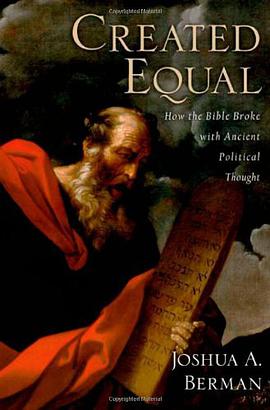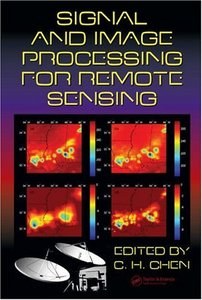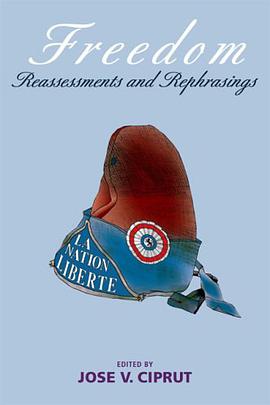

具体描述
Joshua Berman engages the text of the Hebrew Bible from a novel perspective - as a document of social and political thought. He proposes that the Pentateuch can be read as the earliest prescription on record for the establishment of an egalitarian polity. The blueprint that emerges is that of a society that would stand in stark contrast to the social orders found in the surrounding cultures of the ancient Near East - Egypt, Mesopotamia, Ugarit, and the Hittite Empire - where the hierarchical structure of the polity was centered on the figure of the king and his retinue. Berman shows that the Pentateuch's egalitarian ideal is articulated in comprehensive fashion and is expressed in its theology, politics, economics, use of technologies of communication, and in its narrative literature. Throughout, he invokes parallels from the modern period as heuristic devices to illuminate the ancient developments under study. Thus, for example, the constitutional principles in the Book of Deuteronomy are examined in the light of principles espoused by Montesquieu, and the rise of the novel in 18th-century England serves to illuminate the advent of new modes of storytelling in biblical narrative.
作者简介
目录信息
读后感
评分
评分
评分
评分
用户评价
相关图书
本站所有内容均为互联网搜索引擎提供的公开搜索信息,本站不存储任何数据与内容,任何内容与数据均与本站无关,如有需要请联系相关搜索引擎包括但不限于百度,google,bing,sogou 等
© 2025 book.wenda123.org All Rights Reserved. 图书目录大全 版权所有




















